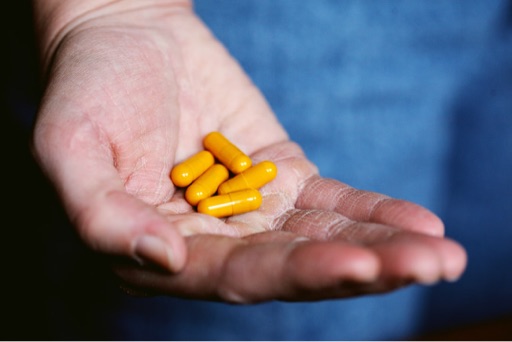A new study suggests that GLP-1 agonist medications, such as Ozempic, may help significantly reduce the risk of overdose and alcohol intoxication in individuals with substance use disorders. This finding sheds light on another important advantage of these medications, which are primarily used for diabetes management and weight loss.
The extensive research involved analyzing the health records of over 1.3 million people across 136 U.S. hospitals, covering a period of nearly nine years. Specifically, the study included records from about 500,000 individuals with opioid use and more than 800,000 with alcohol use disorder. The analysis revealed that those who received treatment with GLP-1 drugs had a remarkable 40% lower likelihood of experiencing an opioid overdose and a 50% lower chance of developing alcohol intoxication compared to those who did not use these medications.
Dr. Angela Fitch, the co-founder and chief medical officer of knownwell, expressed optimism regarding these findings, highlighting the dual benefits of GLP-1 medications. She noted that the prevailing stigma surrounding existing substance use disorder treatments has led to underutilization, while GLP-1 medications carry a different perception since they are primarily prescribed for weight management and diabetes.
Moreover, the protective effects of these GLP-1 drugs were consistent across individuals with Type 2 diabetes, obesity, or both health conditions. Fitch pointed out that as the market expands with new obesity medications, the potential to personalize treatment could significantly improve outcomes.
GLP-1 drugs, including Ozempic and tirzepatide, work by mimicking a natural hormone to help regulate blood sugar and insulin levels. They have been shown to suppress appetite and slow digestion, which could also explain their role in reducing cravings for addictive substances. Previous studies have indicated that these drugs may activate certain brain receptors, ultimately making high-calorie foods and potentially alcohol less appealing.
Despite these promising results, it is important to clarify that the study only correlates the use of GLP-1 medications with reduced incidences of overdose and alcohol intoxication without establishing direct causation. Additionally, the research focused on hospital admissions, leaving uncertainty about the effectiveness of these medications in less severe cases.
Currently, GLP-1 medications are not FDA-approved for treating substance use disorders, making it challenging for clinicians to prescribe them for this purpose. Dr. Fitch conveyed the frustrations faced by healthcare providers in assisting patients who could benefit from these drugs.
Substance use disorder remains a significant public health challenge, with over 178,000 annual deaths linked to excessive drinking and opioid overdoses accounting for a large share of drug-related fatalities. For anyone struggling with substance use issues, confidential support is available 24/7 through the national helpline at 988.

Source: ABC11





